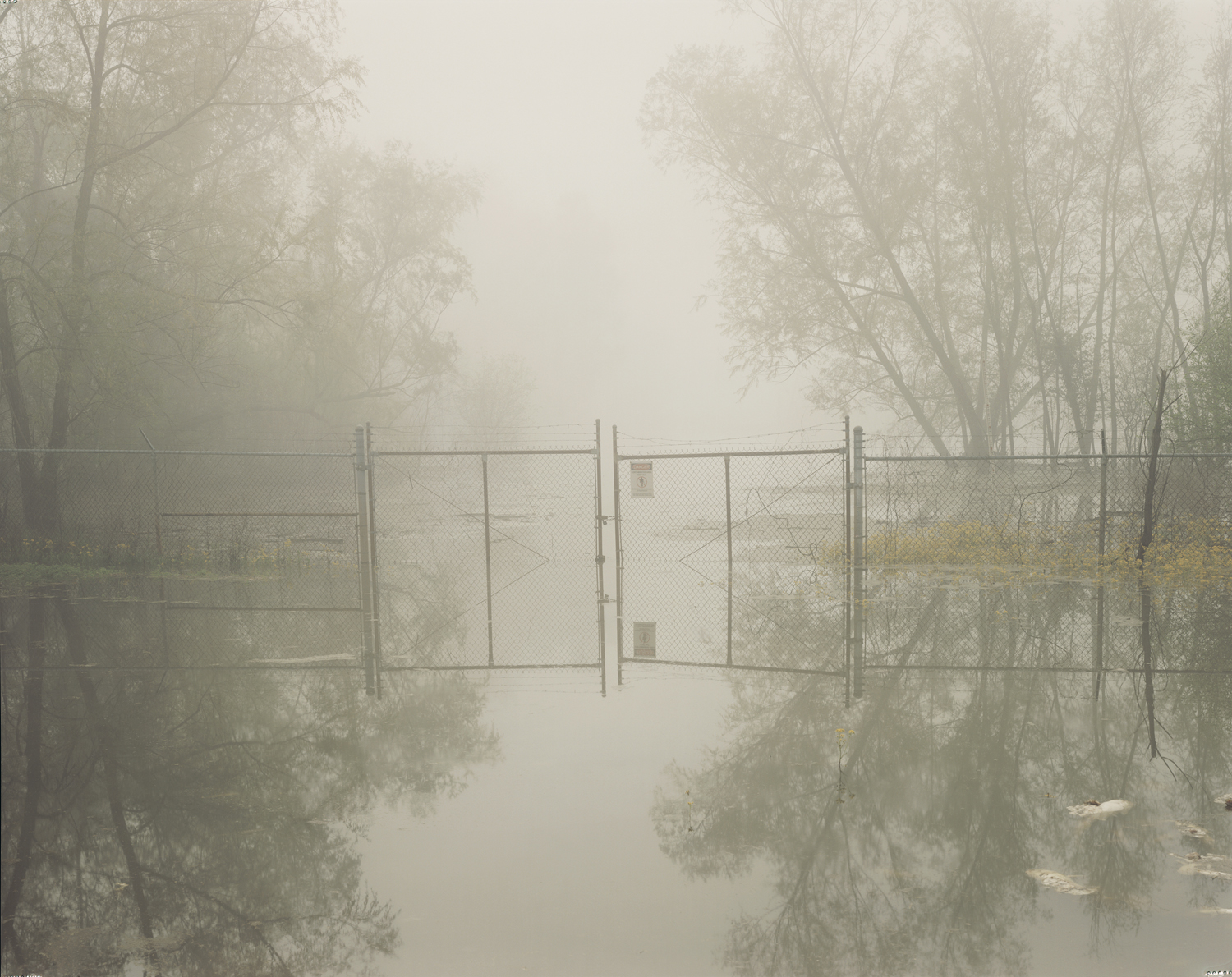
The Mississippi is, according to song, a river of black water and mud. But, over a 100-mile stretch between Baton Rouge and New Orleans, something else flows. The nearly 150 petrochemical plants along those banks mean that the region has one of the highest concentrations of industry in the United States. That cluster of facilities, and the resulting pollution and increased cancer rates, have earned the area the nickname “Cancer Alley.”
Richard Misrach first traveled to Cancer Alley in 1998, producing a series of images that were exhibited as part of a “Picturing the South” series at the High Museum of Art in Atlanta. “I’d never heard of this area,” Misrach recalls. “And when I finally saw the landscape, I was shocked. It was really extreme—the amount of industry along the river and the poor communities living there—I couldn’t believe it actually existed.”
In February, May and November of 2010, Misrach returned to the region, only to discover that little had changed. “It was impossible to tell if it’d gotten worse or better,” the photographer says. “It looks the same. It feels the same. The roads are still below par, and the schools are as well.” Misrach’s photographs from his latest trip—along with some of his 1998 originals—are again on display at the High Museum of Art, in an exhibition aptly titled “Revisiting the South: Richard Misrach’s Cancer Alley.” The photographs show a bleak, desolate region, and one in which factories and plants are almost always present in the background.
But Misrach says some of the most poignant aspects of the region couldn’t be captured by camera. “What’s not shown is the constant stirring sound; I’m amazed people can work,” he says. “And the smells, from the gasoline stench to the chemicals in the air. That’s what you can’t see.”
The exhibit Revisiting the South: Richard Misrach’s Cancer Alley is on view at the High Museum from June 2 through Oct. 7, 2012.
You can see Richard Misrach’s project on the 1991 Oakland-Berkeley fire here.
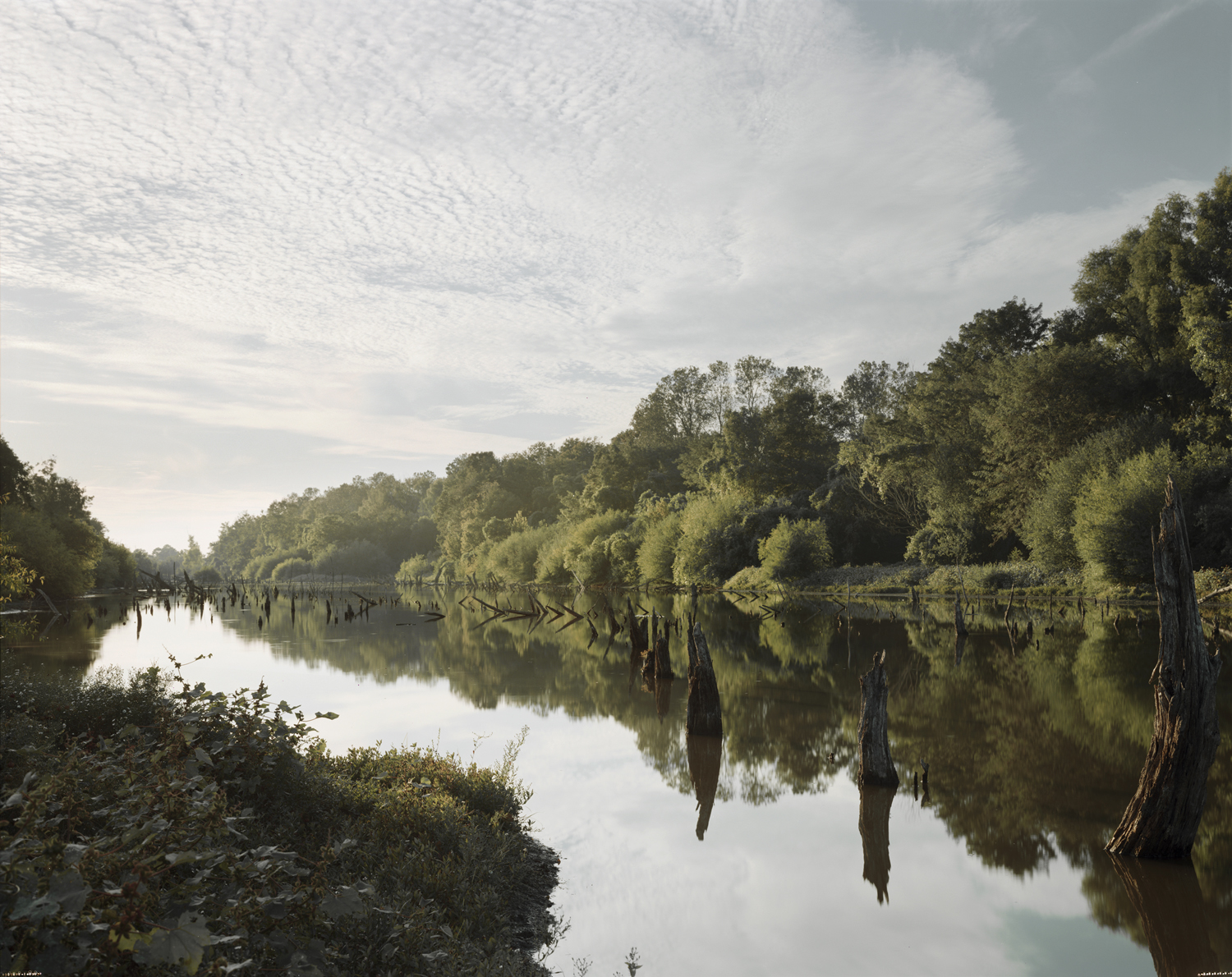
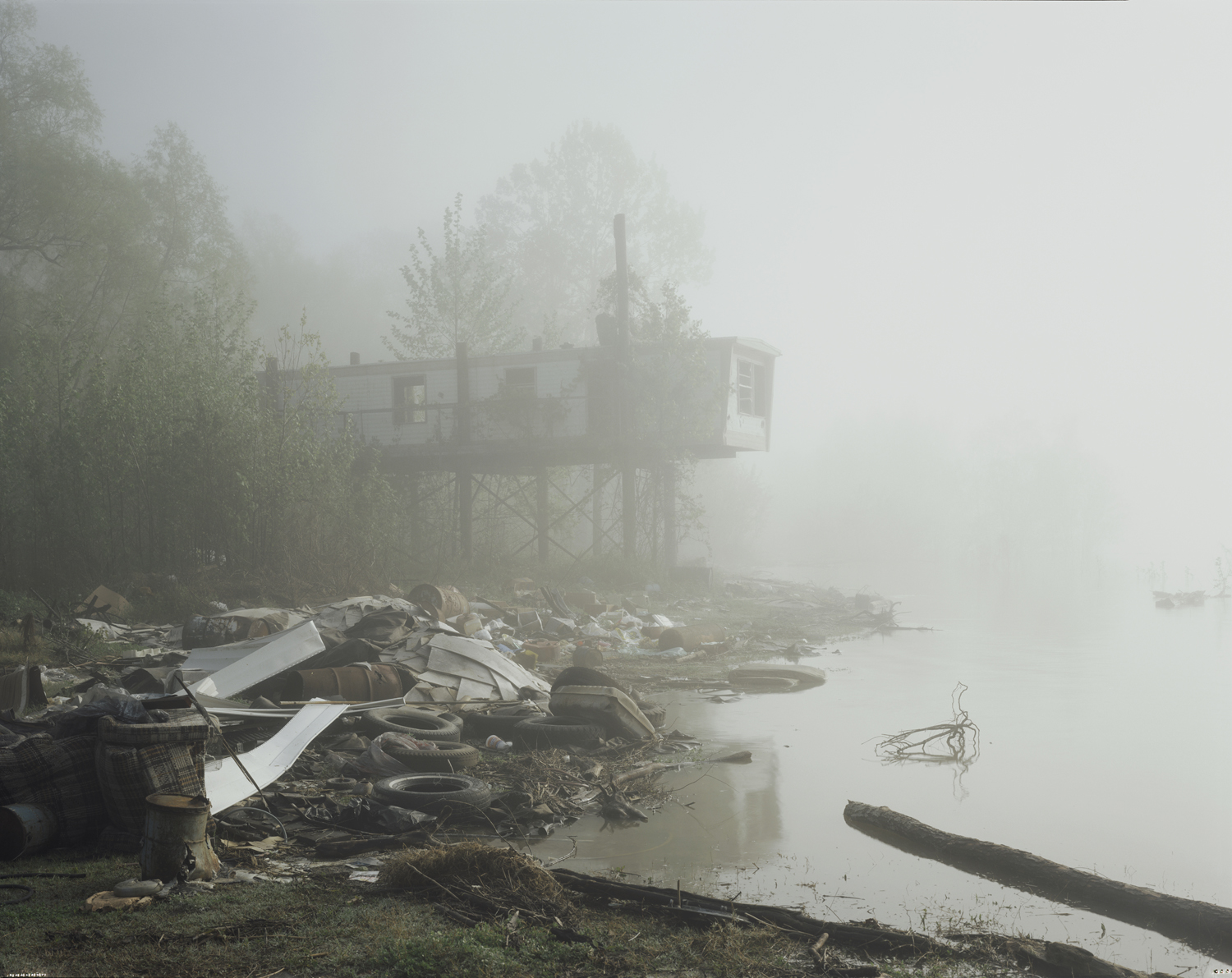
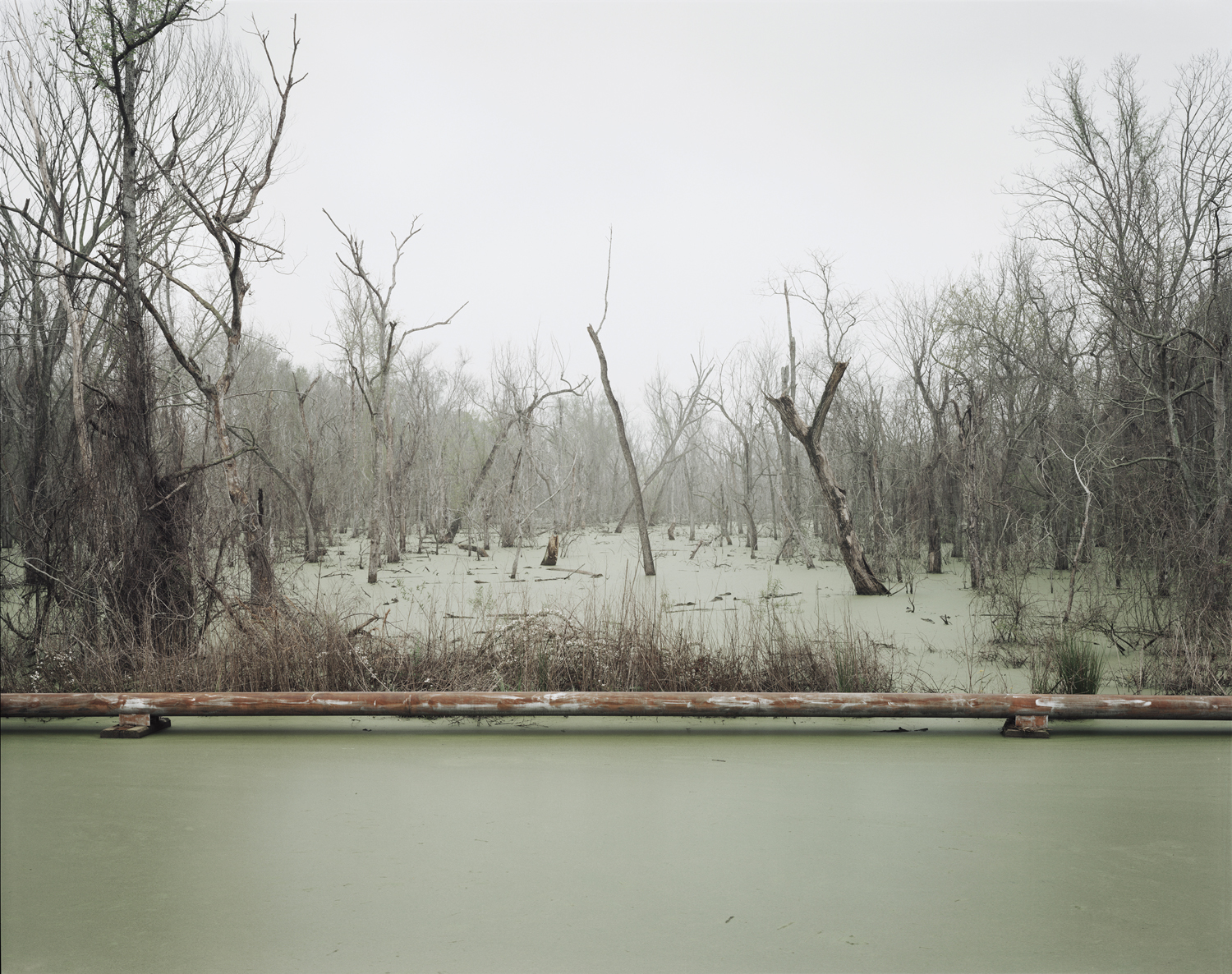
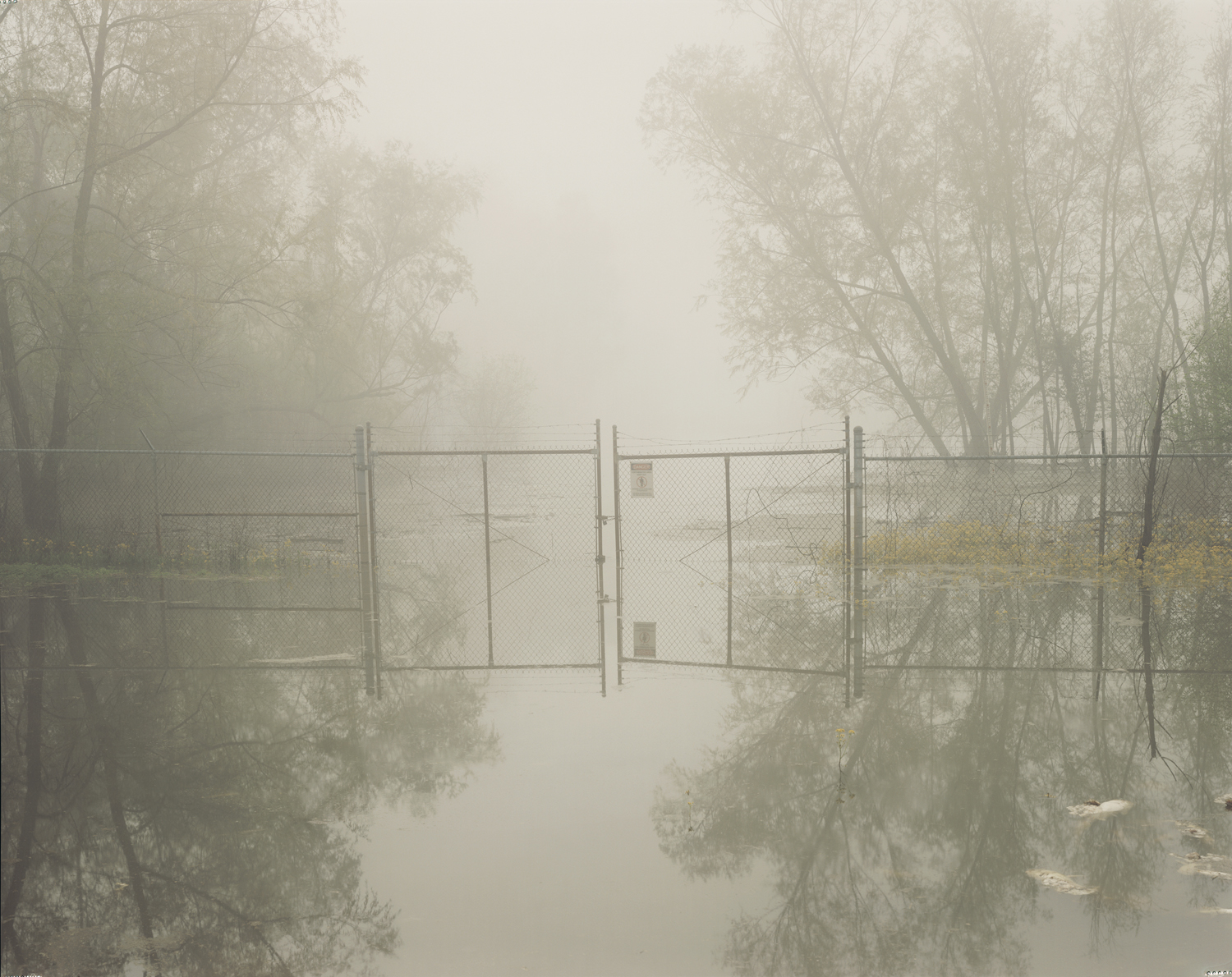
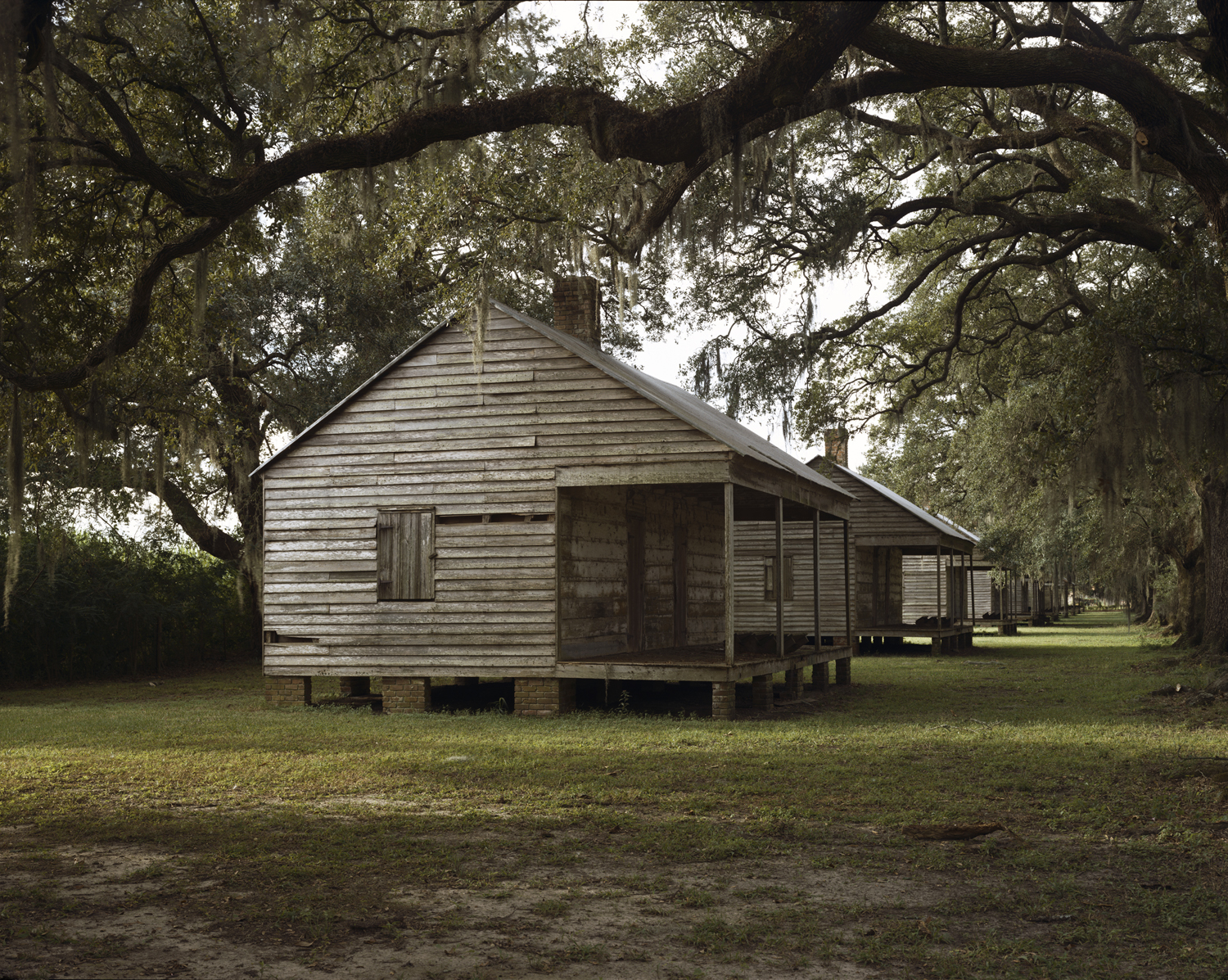
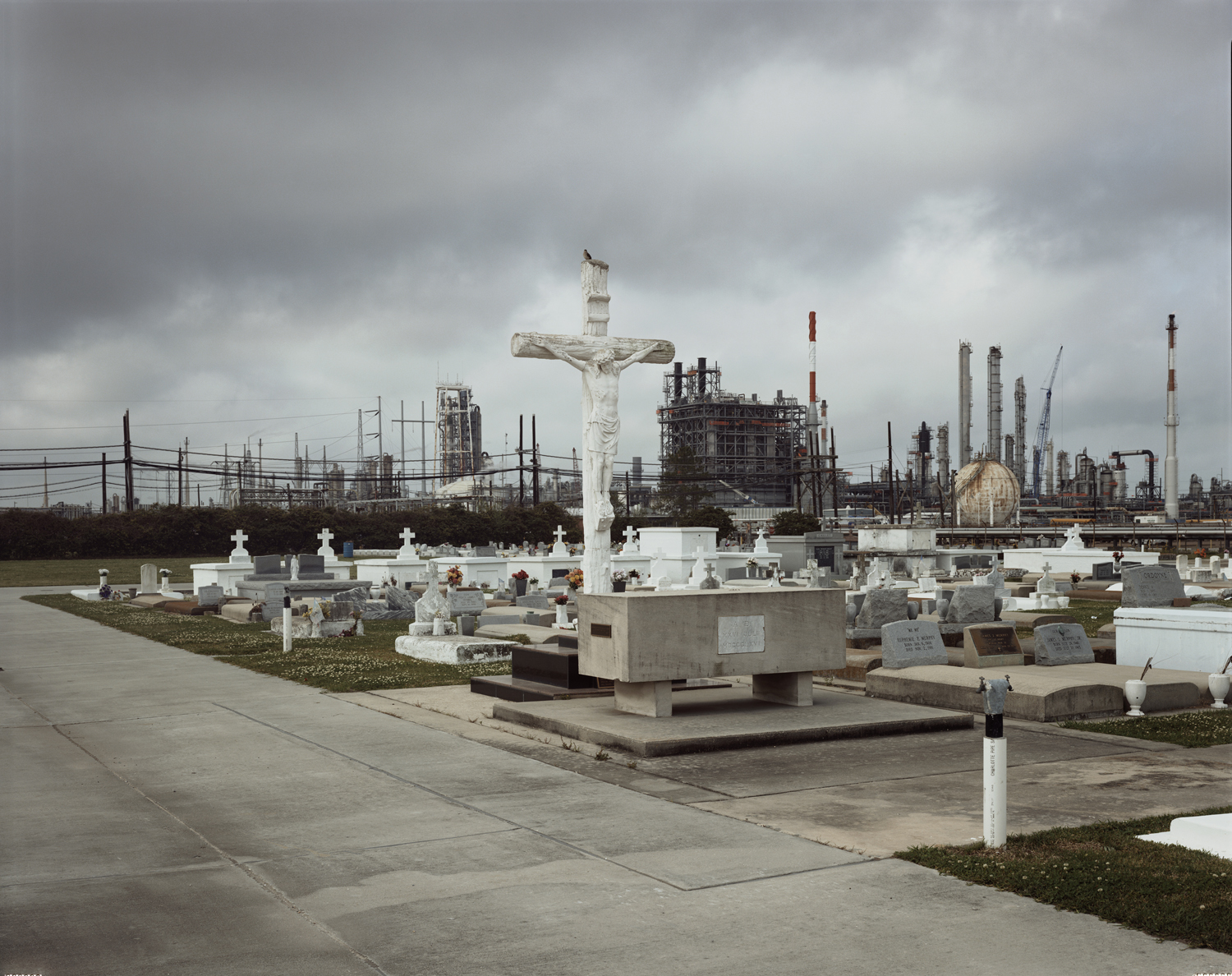
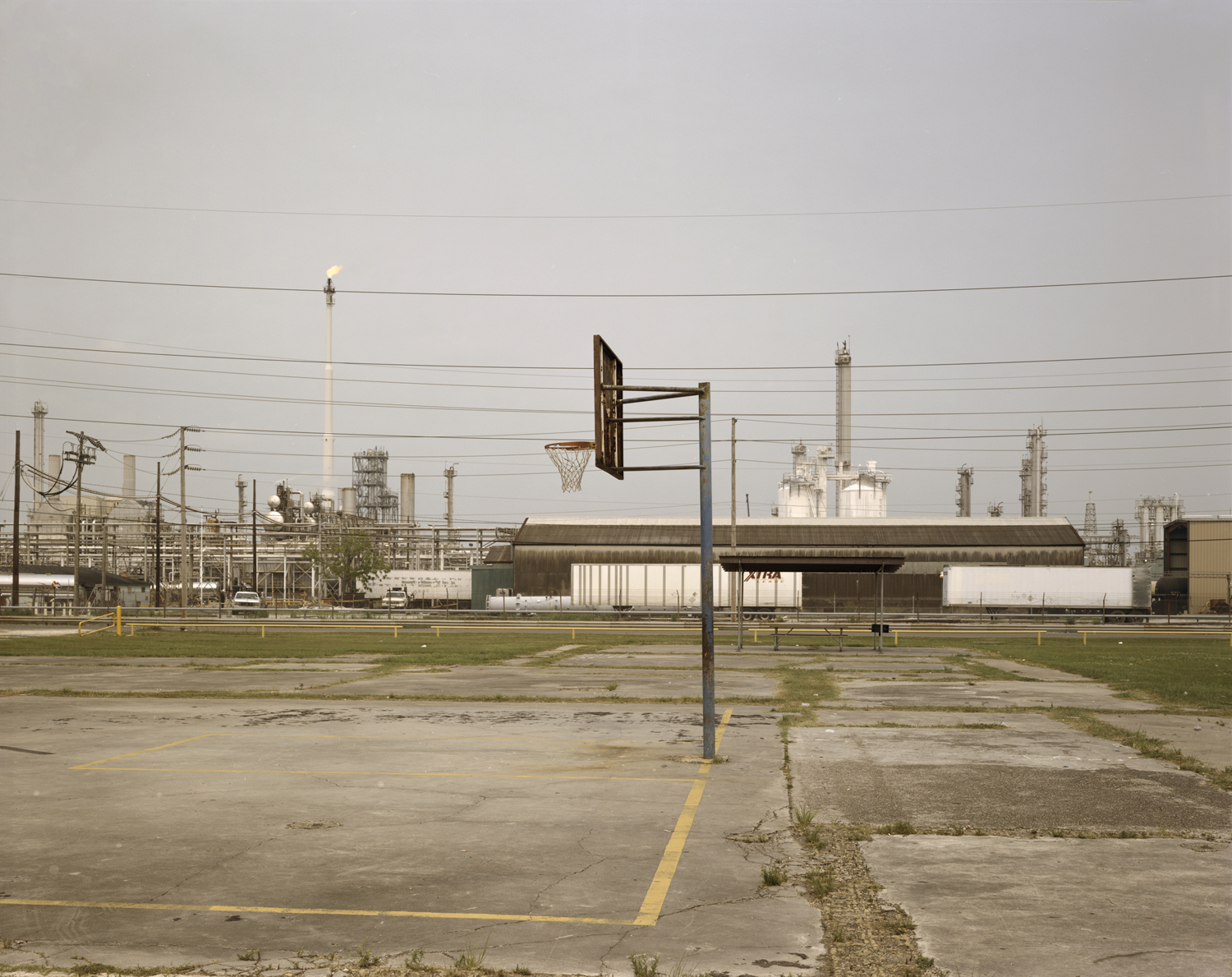
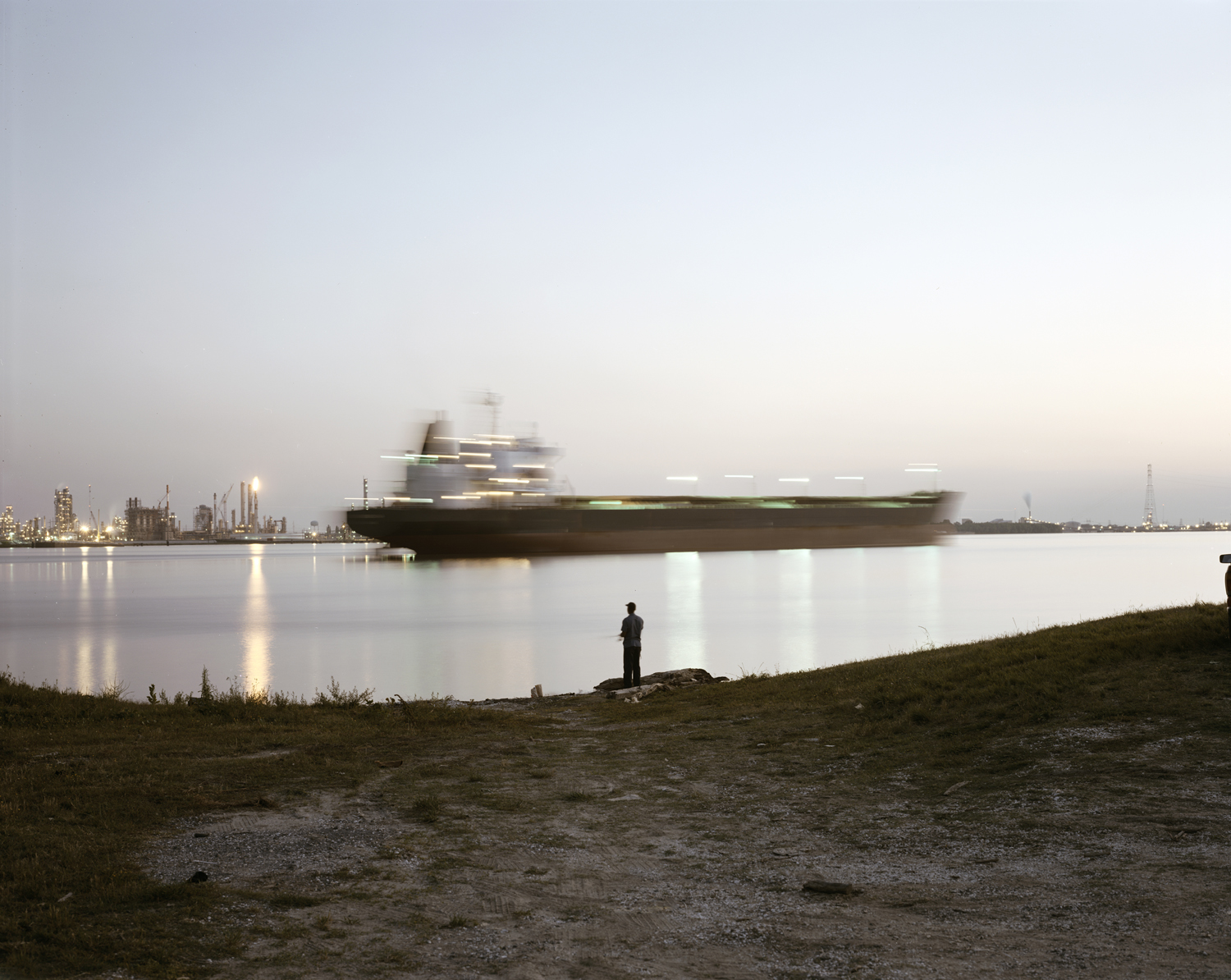
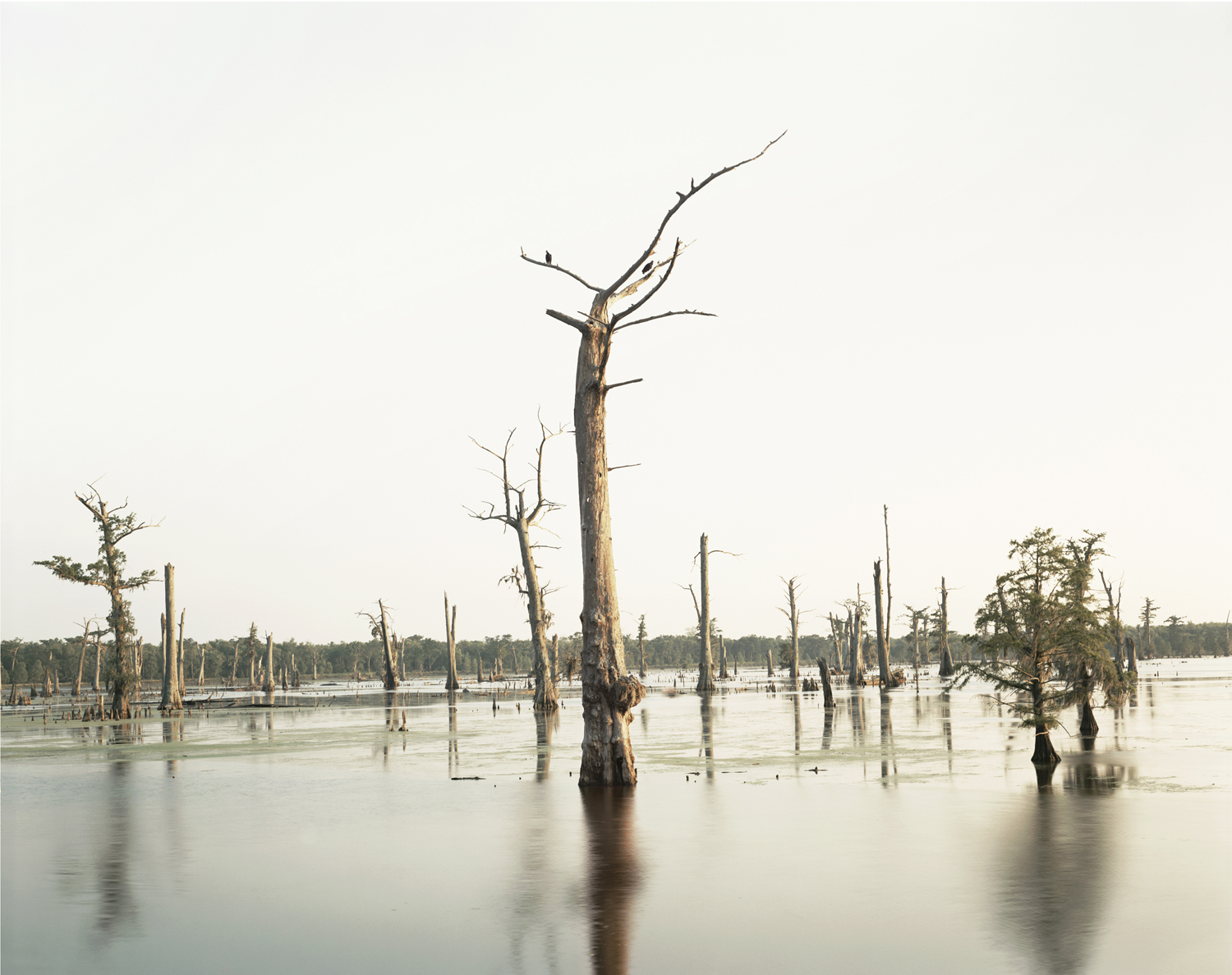
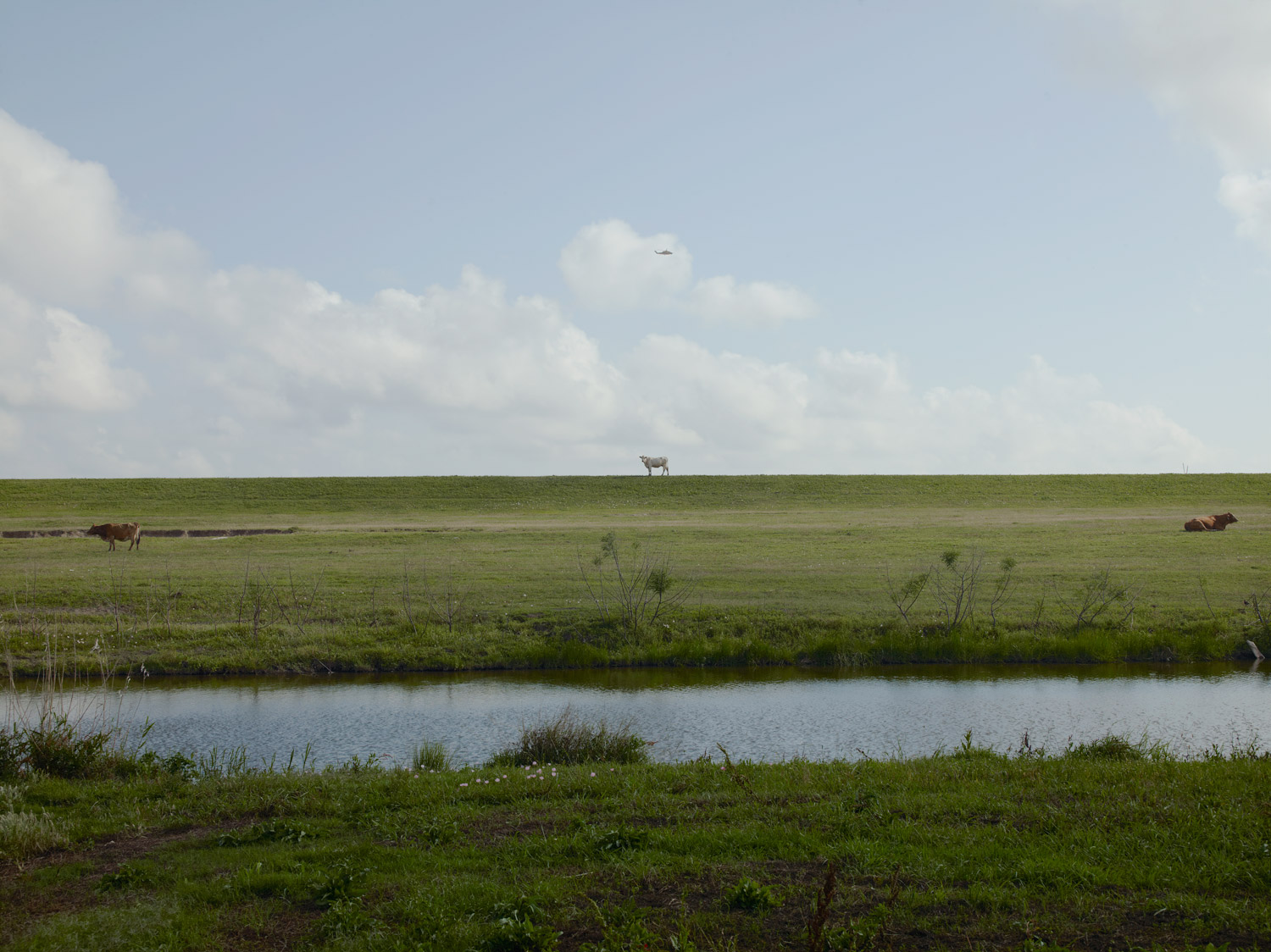
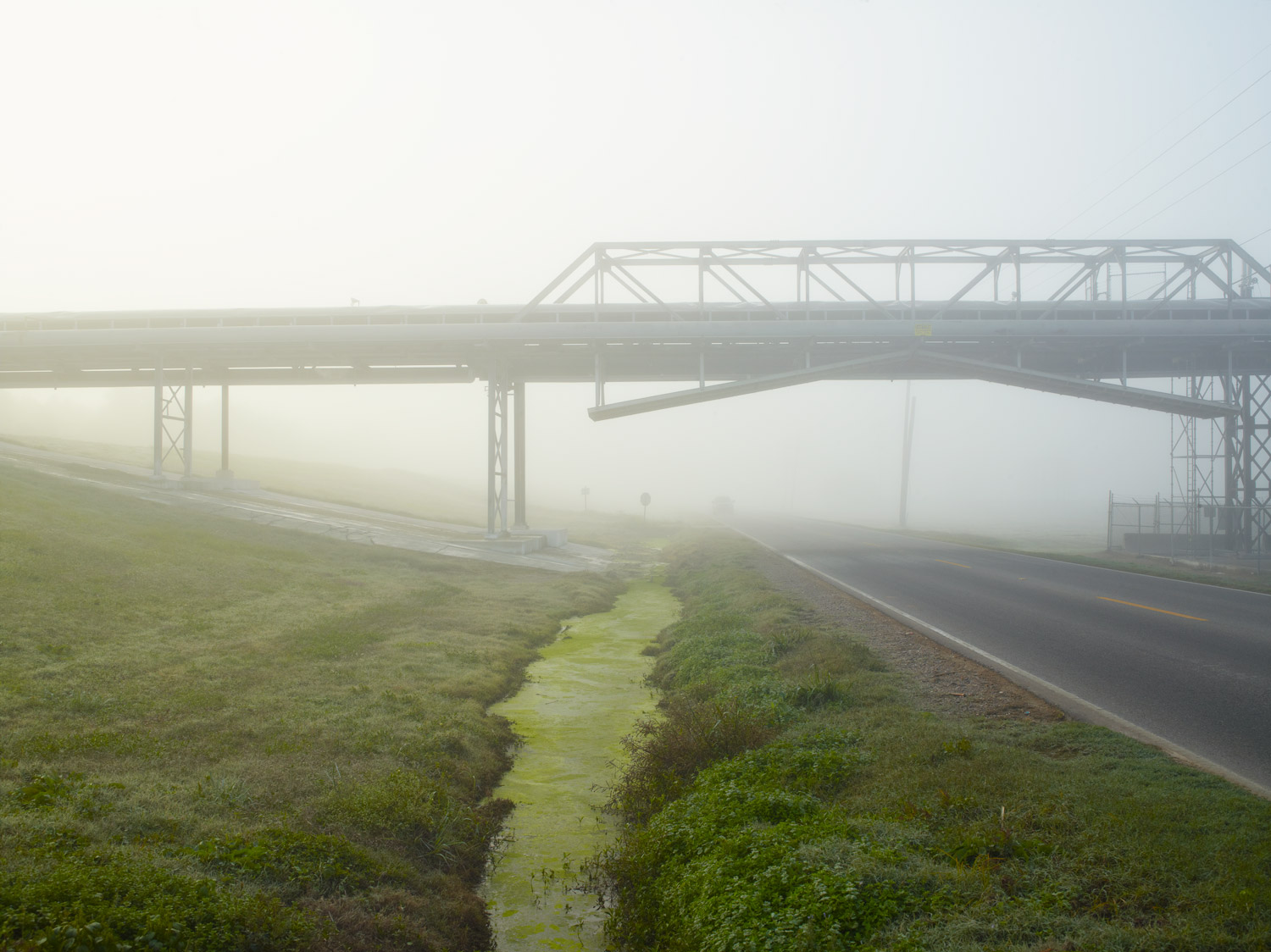
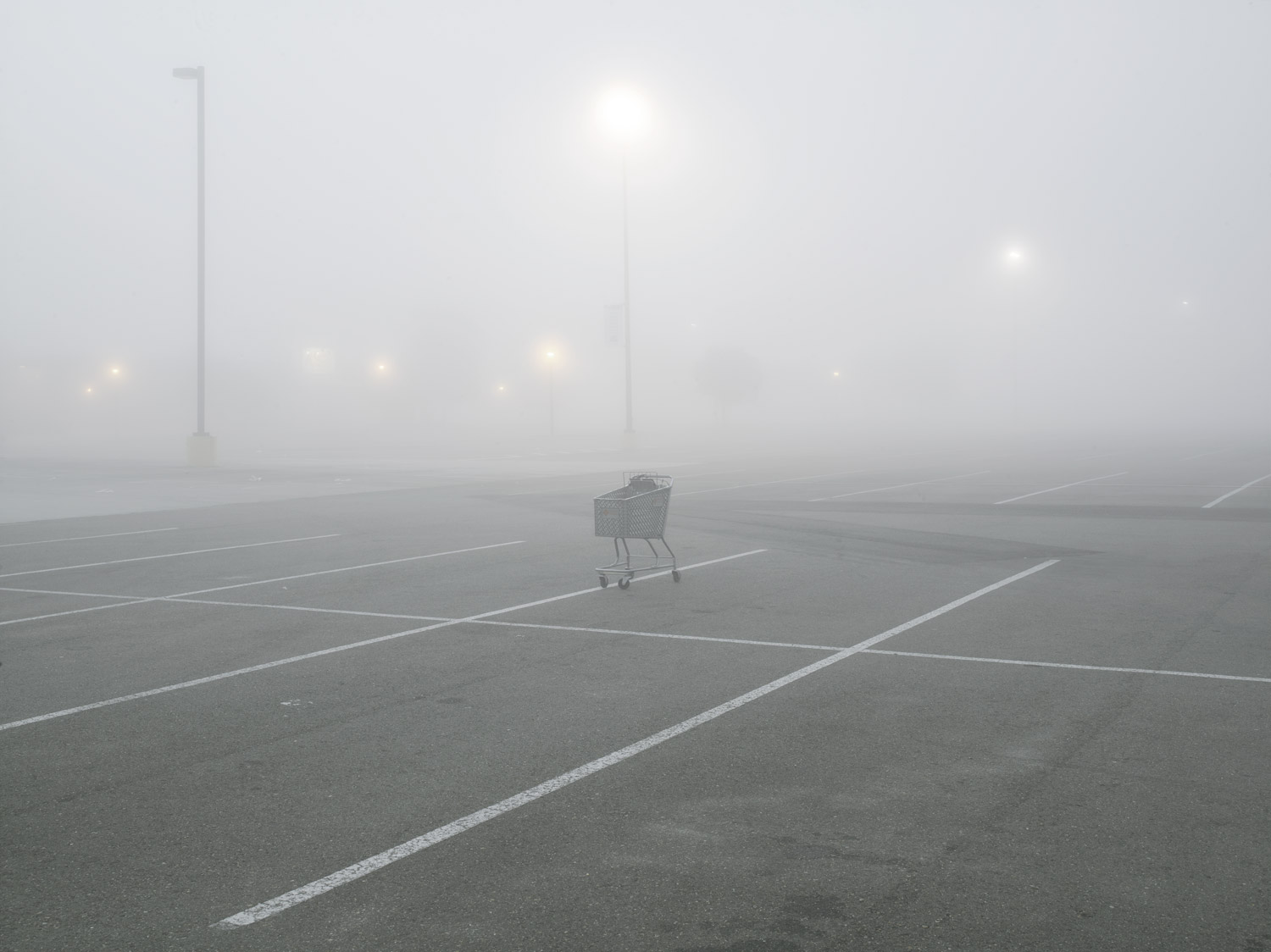
More Must-Reads from TIME
- Cybersecurity Experts Are Sounding the Alarm on DOGE
- Meet the 2025 Women of the Year
- The Harsh Truth About Disability Inclusion
- Why Do More Young Adults Have Cancer?
- Colman Domingo Leads With Radical Love
- How to Get Better at Doing Things Alone
- Michelle Zauner Stares Down the Darkness
Contact us at letters@time.com